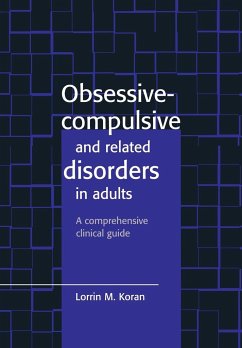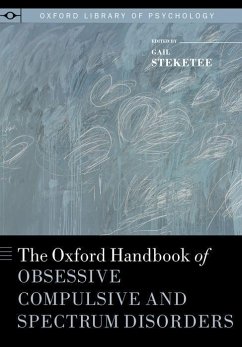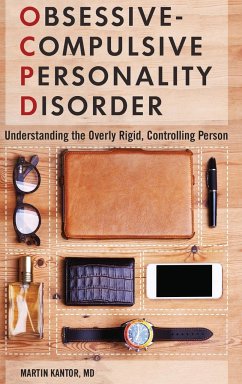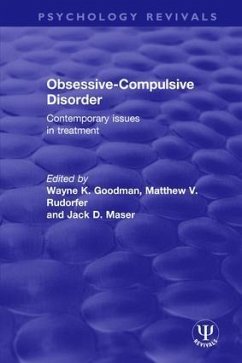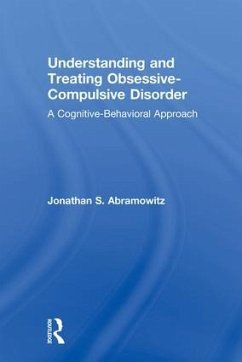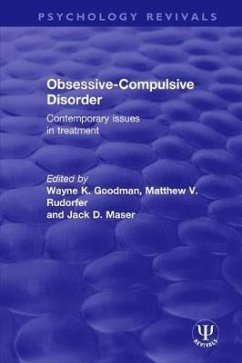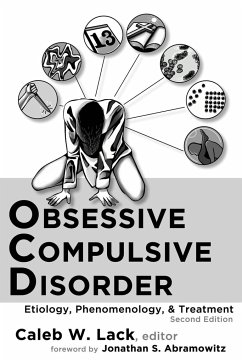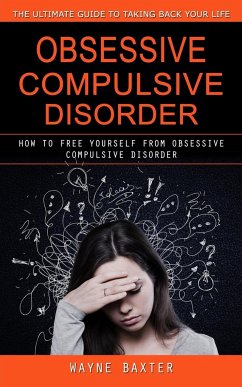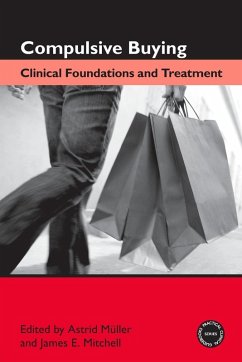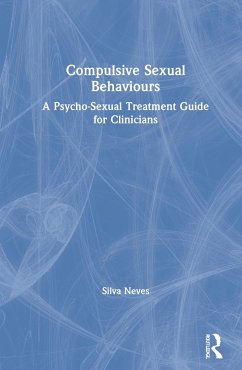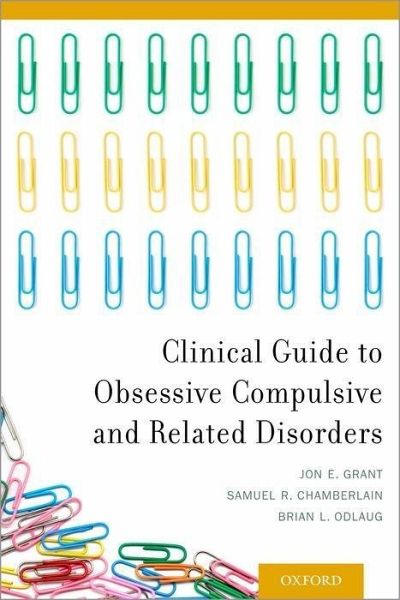
Clinical Guide to Obsessive Compulsive and Related Disorders
Versandkostenfrei!
Versandfertig in 1-2 Wochen
75,99 €
inkl. MwSt.
Weitere Ausgaben:

PAYBACK Punkte
38 °P sammeln!
Clinical Guide to Obsessive Compulsive and Related Disorders is a complete, comprehensive overview of OCD and related disorders (trichotillomania, excoriation disorder, hoarding disorder, body dysmorphic disorder, and tic disorders). The book covers underlying causes, clinical presentations and treatments. The book serves as a primer for clinicians in training and those already in practice who have little if any background in these disorders. It discusses the pharmacological and psychosocial treatments for both adults and children with an emphasis on providing practical information for clinici...
Clinical Guide to Obsessive Compulsive and Related Disorders is a complete, comprehensive overview of OCD and related disorders (trichotillomania, excoriation disorder, hoarding disorder, body dysmorphic disorder, and tic disorders). The book covers underlying causes, clinical presentations and treatments. The book serves as a primer for clinicians in training and those already in practice who have little if any background in these disorders. It discusses the pharmacological and psychosocial treatments for both adults and children with an emphasis on providing practical information for clinicians to use in their everyday practices. Based on the DSM-5, the book uses the latest evidence-based information regarding treatments including medication options, behavioral therapies, alternative treatments, and recent developments in surgical treatment. This book will provide students, residents, interns and even veteran clinicians with a basic understanding of OCD and disorders that are often associated with OCD. In addition, members of the public and those affected by these disorders may use this book to enhance their personal knowledge of the subject matter presented.




